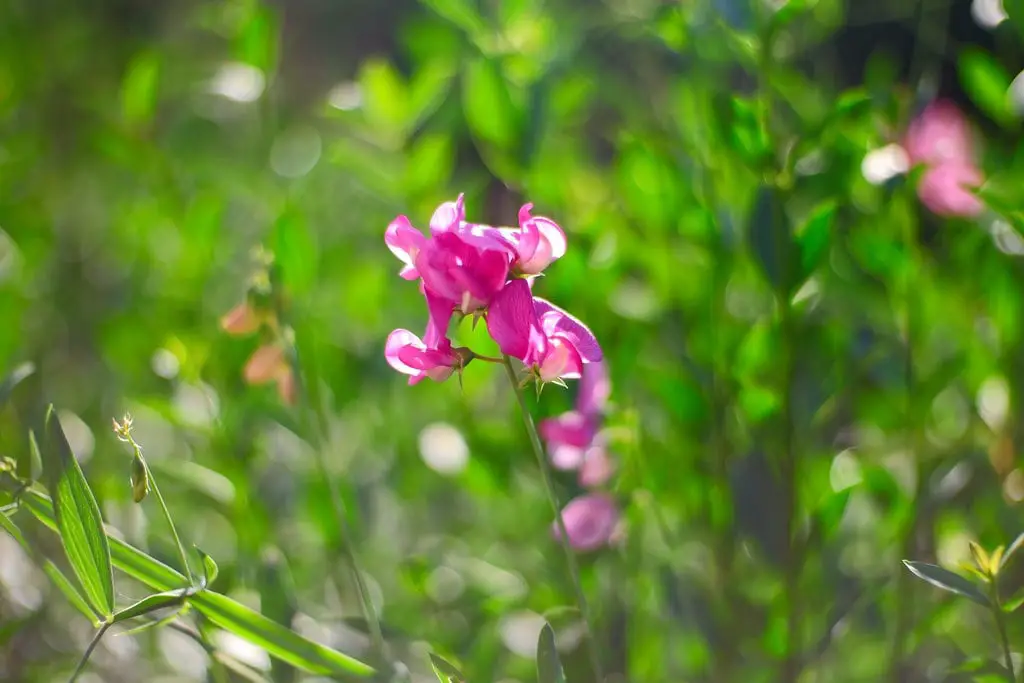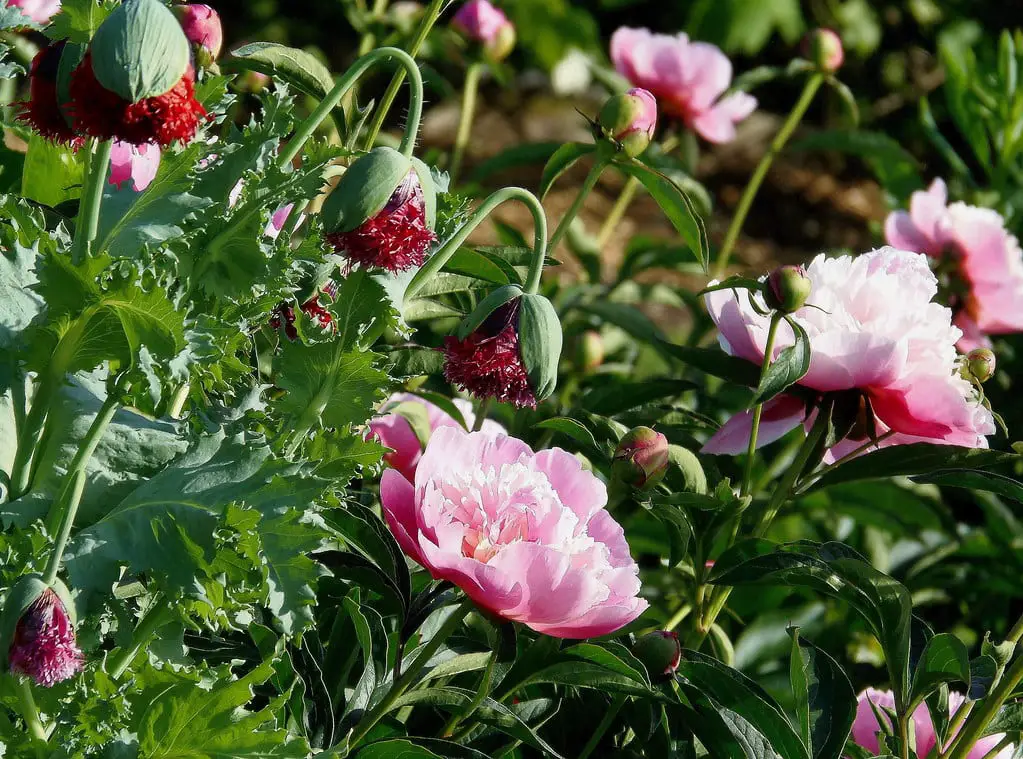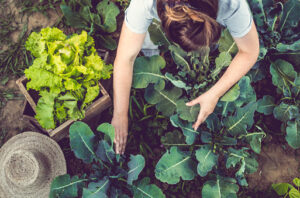A summer garden can be a challenge for inexperienced gardeners. The heat and dryness can stress plants and cause them to wilt or even die. However, with a little care, your summer garden can thrive. This article will give you some tips on how to keep your garden healthy during the summer months.
Table of Contents
What Is The Summer Like For Plants?
Summer months are much warmer and dryer than the other months of the year. The sun is also out for longer periods. This combination can be tough on plants, as they can become stressed and even experience heat damage. The soil can also become much drier in the summer, which can make things even worse.
What Are The Risks Of Summer Gardening?
If you don’t take care of your garden in the summer, your plants can become dehydrated and wilt. They can also be damaged by pests and diseases. The hot sun can also cause leaves to burn.
How Can You Keep Your Garden Alive In The Summer?

Your garden will thank you when you give it the care it needs during the summer. Here are some tips on how to keep your garden healthy:
Water Regularly And Deeply
During the summer, plants need more water than usual to stay hydrated. Make sure to water your plants deeply, so that the water reaches the roots. A good rule of thumb is to water your plants twice a week, but this may vary depending on the weather and the type of plant.
Every living thing needs water to survive. Plants are no different. In the summer, when it is hot and dry, plants can become stressed and even die if they don’t get enough water.
Some farmers decide to dig deep into the ground to see what the soil moisture is like where the soil roots are. To allow your plants to benefit best from watering, you’ll need to water the plants gently below the leaves.
Mulch Your Plants
Mulching helps to keep the roots of your plants cool and moist. It also helps to prevent weeds from growing. Mulch refers to certain materials, such as bark or straw, that you spread around the base of your plants to prevent the soil water from evaporating.
If you decide to use mulch, make sure to put a layer that is at least three inches thick. You can also add a layer of black plastic under the mulch to further help keep the soil moist.
Use Shade Cloth
During the hottest days of summer, you may want to provide some shade for your plants. This can be done with a piece of cloth or fabric that is placed over the top of your plants.
The shade cloth will help to protect your plants from the hot sun and prevent them from being damaged.
Choose The Right Plants
When you’re choosing plants for your summer garden, it’s important to choose heat-tolerant ones. If you live in a region that gets hot during the summer, such as the desert, you’ll likely need to pick plants that can hold their own when the weather gets really hot.
Some examples of heat-tolerant plants include cacti, succulents, and certain types of flowers.
Prune Dead Or Dying Leaves
If leaves are brown or yellow, they’re not doing much good for your plant. Prune them off to help the plant focus its energy on more productive parts.
Pruning also helps to prevent pests and diseases from spreading. A plant has the best chance of absorbing the energizing summer sun when its dead leaves aren’t obstructing the light.
Fertilize Your Plants
Plants need extra nutrition during the summer to stay healthy. Fertilizing your plants regularly will help them to grow strong and produce more fruit or flowers.
You can use organic or chemical fertilizers. If you choose to use chemical fertilizers, make sure to follow the instructions on the package.
Harvest Your Fruits And Vegetables
Summer is the time when many fruits and vegetables are ripe and ready to be harvested. Make sure to check your plants regularly so that you can harvest them at the right time. Food from your garden can help to spice up your dining, adding a homegrown tinge to your favorite meals.
If you can’t eat up all your produce in time, canning and freezing are two methods of preserving summer fruits and vegetables so that you can enjoy them all year long.
Let Your Plants Get Sunlight
If you run an indoor garden, you might need to take your plants out or expose them to patches of sunlight in your house. Plants need sunlight to produce food for themselves.
Sunlight also helps to prevent fungal diseases from developing. If you notice that your plants are starting to get leggy, this is a sign that they’re not getting enough sunlight.
Give Your Plants Some TLC
Your summer garden will need some extra attention to thrive. Make sure to check on your plants regularly and give them the care and attention that they need to get through the summer months. With a little bit of effort, you can have a summer garden that is the envy of your neighbors.
Summer gardening can be challenging, but it’s worth it to see your garden flourish. With a little care, you can keep your summer garden healthy and beautiful.
What Plants Are Best To Grow In The Summer?
If you want to start a summer garden, or if you’re looking for plants that will do well in the summer, here are some options to consider:
- Tomatoes
- Cucumbers
- Zucchini
- Eggplant
- Peppers
- Beans
- Squash
- Melons, and
- Herbs (such as basil, oregano, and mint)
Conclusion
Summer gardening can be a lot of work, but it’s worth it to see your plants thrive. With proper care, you can have a summer garden that is the envy of your neighbors. Choose summer-friendly plants, fertilize regularly, prune dead leaves, and give your plants plenty of sunlight to prevent leggy growth. The effort that you put into your garden will get rewarded with plants you can be proud of.




